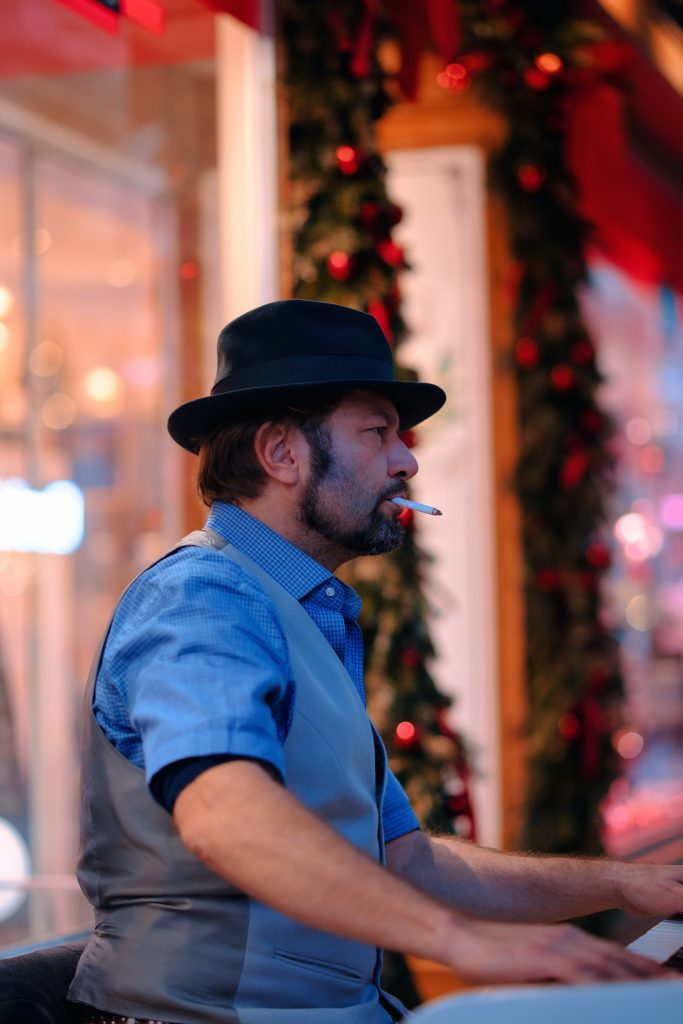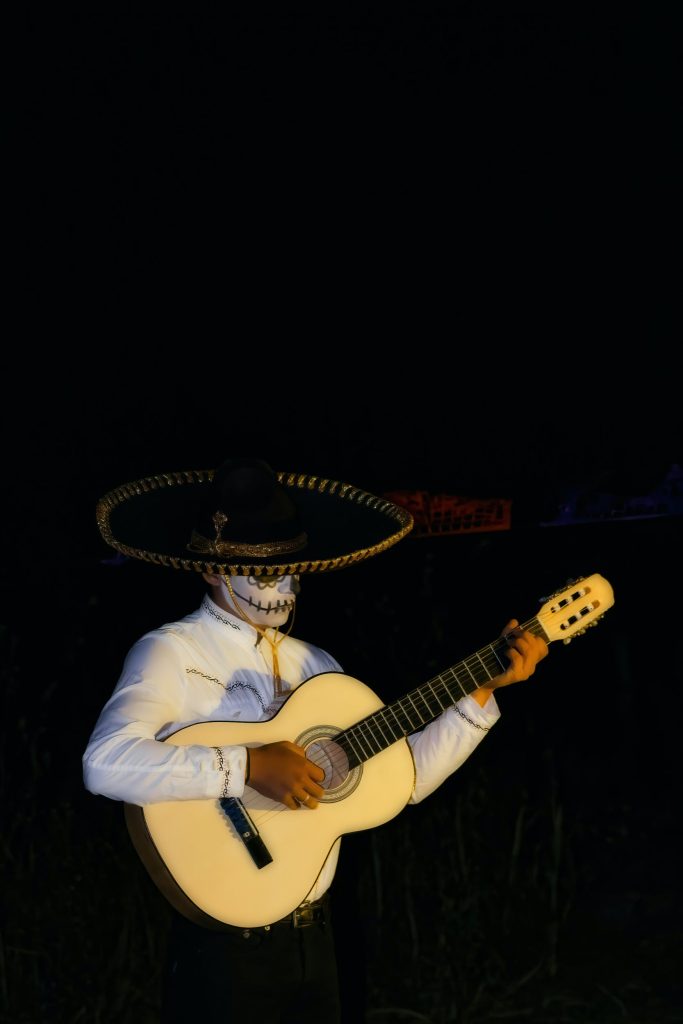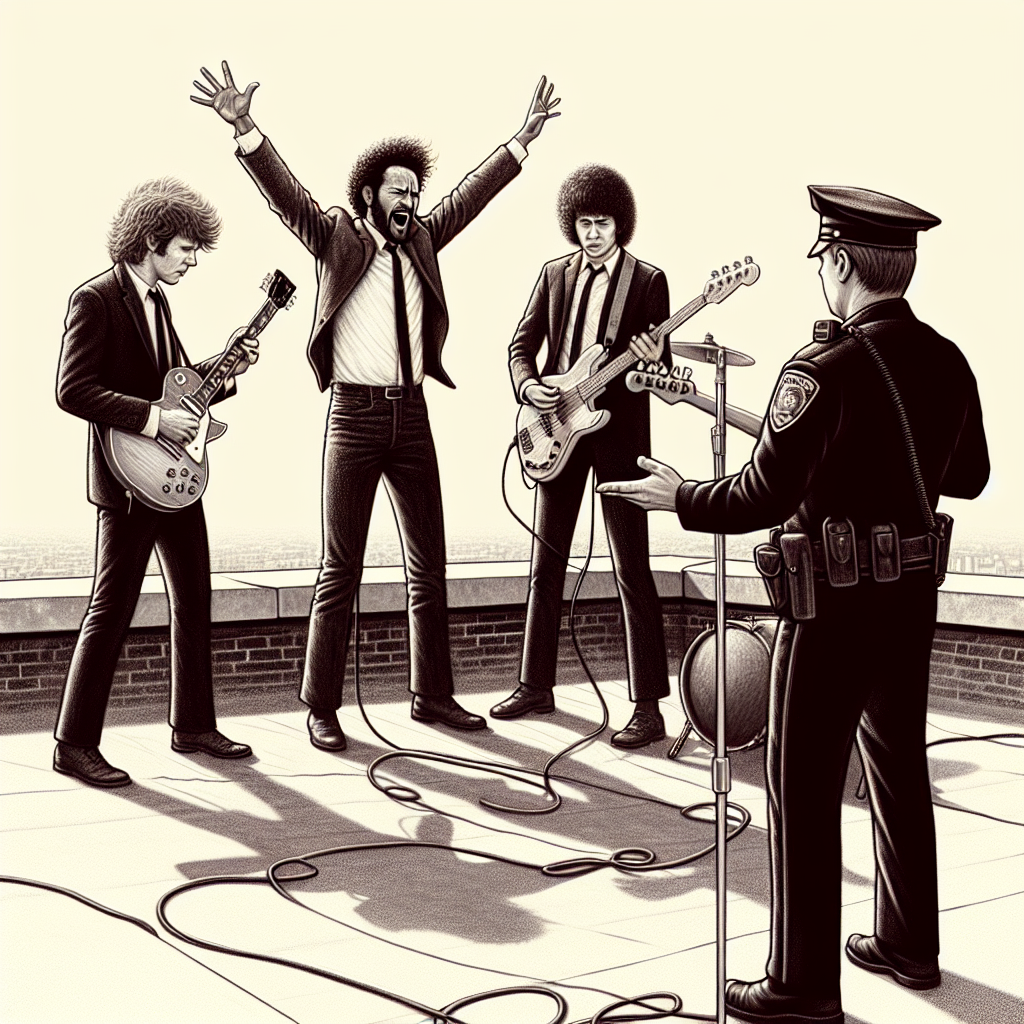Imagine this: It’s the year 1969, and the iconic British band, The Beatles, decides to surprise the world with an impromptu rooftop concert. Throngs of fans gather below, eagerly awaiting the chance to hear their beloved band’s live performance. The energy is electric, the anticipation palpable. But just as the music begins to fill the air, the police arrive, abruptly shutting down the show. So, why did the police stop the Beatles rooftop concert? Let’s uncover the fascinating story behind this unexpected interruption and discover the reasons that brought an end to one of music history’s most legendary performances.
Reasons for Stopping the Beatles Rooftop Concert
The Beatles rooftop concert, while an iconic moment in music history, faced various challenges that ultimately led to its abrupt end. In this article, we will explore the reasons behind the decision to stop the concert, considering factors such as overshadowing local business activities, disturbing the peace and public order, lack of required permits, concerns for public safety, noise complaints from the surrounding area, an unplanned and unannounced performance, disruption of traffic and pedestrian flow, violation of building regulations, possible legal consequences, and pressure from authorities and local residents.
Overshadowing Local Business Activities
The Beatles’ immense fame and the international attention their rooftop concert attracted undoubtedly had a significant impact on the nearby shops and offices. With hundreds of fans flocking to the area, businesses in the vicinity found themselves in an unusual and overwhelming situation. Foot traffic overwhelmed the area, making it incredibly challenging for customers to access local stores. The sudden increase in visitors created an imbalance in the normal flow of business activities, affecting both business owners and workers alike.
Disturbing the Peace and Public Order
While the Beatles’ music was beloved by many, the volume and disruptive nature of their rooftop concert posed a serious concern for maintaining peace and order in the surrounding area. The loud and energetic performance, while exhilarating for fans, became a source of disturbance for local residents. The sheer number of attendees gathering in the streets blocked traffic, caused inconvenience to pedestrians, and had the potential to escalate into riots or unruly behavior.

Lack of Required Permits
One of the key factors that contributed to the decision to stop the Beatles’ rooftop concert was the failure to obtain the necessary permits. Public performances of such magnitude require legal authorization and adherence to safety inspections and regulations. Unfortunately, the unplanned and spontaneous nature of the concert bypassed these required procedures, putting the event in violation of established laws.
Concerns for Public Safety
Public safety was of paramount concern during the Beatles’ rooftop concert. The unprecedented gathering of fans created a potential for accidents or injuries. Controlling the crowd became a challenge, with the streets congested and emergency services struggling to access the area swiftly if needed. Moreover, the weight of the crowd on the rooftop structures posed the risk of structural damage to the buildings, jeopardizing the safety of everyone involved.

Noise Complaints from Surrounding Area
As thrilling as the Beatles’ music was, it wasn’t without its consequences. Local residents and nearby businesses voiced their complaints about the excessive noise caused by the rooftop concert. The repetitive and prolonged noise disrupted the peace of the neighborhood, impacting the quality of life for those residing and operating in the area. These concerns were further exacerbated by the lack of prior notice or warning regarding the performance.
Unplanned and Unannounced Performance
The Beatles’ decision to hold a rooftop concert, while spontaneous and exciting for their fans, had unforeseen consequences. Hosting an event of such magnitude without any prior notice to the authorities proved to be a significant oversight. The lack of preparation and coordination to handle the large gathering rendered the authorities unprepared, leading to their intervention to ensure the safety and well-being of all involved.

Disruption of Traffic and Pedestrian Flow
The Beatles’ rooftop concert brought an unprecedented number of fans to the area, resulting in severe disruption of traffic and pedestrian flow. The surrounding streets became congested, making it extremely difficult for regular commuters and residents to navigate the area. Emergency services faced significant challenges reaching their destinations swiftly. The inconvenience caused by the concert’s unplanned nature and lack of proper crowd management prompted the interference of the authorities.
Violation of Building Regulations
The rooftop concert violated several building regulations, height restrictions, and usage limitations. The excessive weight and movement of the crowd on the rooftop structures posed a risk to their integrity. Additionally, the event was non-compliant with zoning laws, further complicating the situation. These infringements raised serious concerns among authorities and led them to intervene to prevent any potential disasters.

Possible Legal Consequences
Hosting a concert without the necessary permits and in violation of various regulations not only poses safety risks but also brings about possible legal consequences. The decision to stop the Beatles’ rooftop concert was, in part, driven by the need to enforce the law and ensure that such unlawful actions are not repeated in the future. Authorities needed to set a precedent to maintain order and minimize the risks associated with unauthorized public events.
Pressure from Authorities and Local Residents
The numerous challenges and concerns surrounding the Beatles’ rooftop concert brought about pressure from both the authorities and local residents. Public pressure to stop the concert arose due to the disturbance caused by the excessive noise, crowded streets, and inconveniences faced by those residing in the area. The authorities, already grappling with the logistical difficulties posed by the unplanned concert, sought to maintain control over the situation and prevent potential harm to the community.
In conclusion, the decision to stop the Beatles’ rooftop concert was influenced by a multitude of reasons that collectively posed risks to public safety, disrupted local business activities, and violated legal regulations. While the concert itself remains a historic moment in music, it serves as a reminder of the importance of proper planning, obtaining permits, and considering the impact on the community to avoid unfortunate consequences. Disclosure: As an Amazon Associate, I earn from qualifying purchases.

